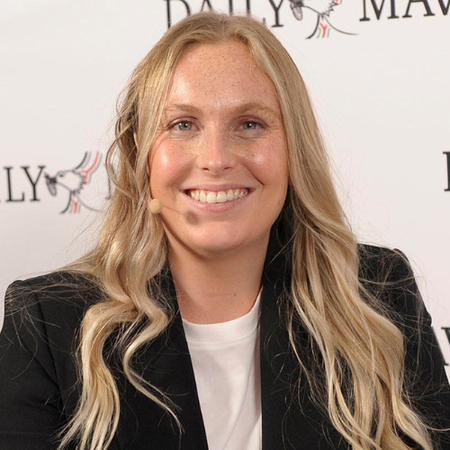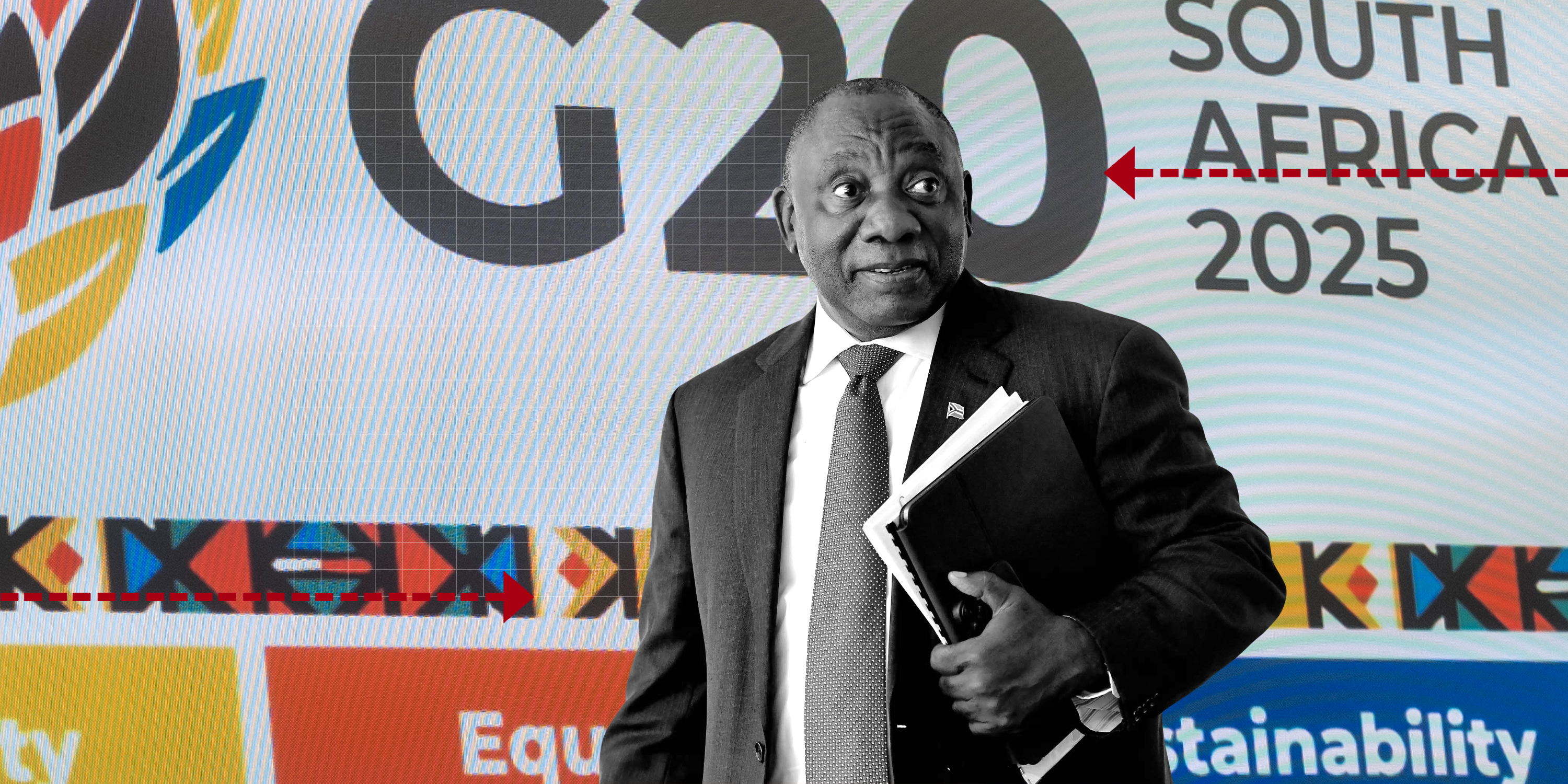The G20 Inequality Committee, appointed by President Cyril Ramaphosa, has urged the formation of a new International Panel on Inequality (IPI) to support policymaking internationally, in its first report on inequality to the global forum.
The Extraordinary Committee of Independent Experts on Global Inequality, chaired by Nobel Economics Prize Laureate Joseph Stiglitz, examined global inequality and its impact on growth, poverty and multilateralism. It also proposed policies that might address global wealth inequality’s most adverse effects.
The committee’s main recommendation is for the establishment of a new permanent, international and independent panel – inspired by the Intergovernmental Panel on Climate Change (the world’s leading authority on climate science) – to assess and monitor inequality globally.
Read more: Inequality is driving pandemics, but it does not have to
“Today’s inequalities are not the result of the laws of nature. They are the result of what we, as nations and the global community, have done. Inequality is a choice. It is not inevitable and can be reversed with political will,” reads the 69-page report published on Tuesday, 4 November.
“A very different set of feasible policy choices is not only possible but necessary if we are to address the inequality crisis. These choices would not only reduce inequality but would also promote economic resilience, inclusive development and social justice.”
The G20 Inequality Committee experts said in their report that the establishment of such a panel “would be a permanent legacy” of South Africa’s G20 presidency, “in helping the world address one of the major scourges of our time – moving the world towards our ideal of a globally shared common prosperity”.
Stiglitz is due to present the landmark report to Ramaphosa in Cape Town on Tuesday afternoon.
The six-member task force includes other prominent figures such as UNAids executive director and United Nations (UN) under-secretary general Winnie Byanyima, who will also be at the handover, and Professor Imraan Valodia, the director of the Southern Centre for Inequality Studies at the University of the Witwatersrand (Wits).
“It is an honour for us to present this report to President Ramaphosa, and to the G20,” said Stiglitz, speaking ahead of the presentation. “The available evidence on inequality should concern leaders everywhere. The world understands that we have a climate emergency; it’s time to recognise that we face an inequality emergency too.”
The World Bank has dubbed South Africa the most unequal country in the world in a number of reports, starting as far back as 2018.
South Africa has sought to use its G20 presidency to foreground issues affecting predominantly African and Global South nations, including rising inequality, sovereign debt burdens and the cost of capital. Ramaphosa announced the establishment of the task force in August, to “offer a practical way forward” in addressing economic inequality.
“This report, which is the blueprint for greater equality, supports the goal of South Africa’s G20 presidency to put inequality on the international agenda,” Ramaphosa said in a statement.
“Inequality is a betrayal of people’s dignity, an impediment to inclusive growth and a threat to democracy itself. Addressing inequality is our inescapable generational challenge. This report lays out prudent and pragmatic steps we can take to reduce it,” he added.
Read more: G20 Johannesburg Summit set to address crucial global challenges
The report reviews the latest data and trends on the state of inequality worldwide, revealing, among other things, that 83% of all countries, which account for 90% of the world’s population, meet the World Bank’s definition of high inequality. Countries with high inequality are seven times more likely to experience democratic decline than more equal countries, according to the report.
The available evidence on inequality should concern leaders everywhere. The world understands that we have a climate emergency; it’s time to recognise that we face an inequality emergency too.
Stiglitz said the committee “felt strongly that some of the worst effects of inequality are on democracy”.
According to the report there is “considerable empirical evidence connecting rising levels of economic inequality to the erosion of democracy and increasing authoritarianism.
“There are many channels through which this occurs. Inequality erodes trust in institutions, fuels political polarisation, can reduce participation among poorer citizens and residents, and creates social tensions of different kinds. These were the concerns highest in the minds of the Committee and many with whom the Committee consulted,” it adds.
Read more: Nobel laureate Maria Ressa warns of disinformation and big tech’s influence on SA democracy
The report states that the extent to which economic inequality translates into political inequalities and contributes to the deterioration of democracy “depends on the political rules of the game”.
“In countries where campaign contributions, for instance, play a more important role, the rich can, in effect, buy themselves into power, even if the formal institutions of democracy are maintained. Similarly, in countries in which the media (and social media) are largely controlled by a few at the top, the media – and thus the rich – can have undue influence in determining political outcomes,” it reads.
International Panel on Inequality
The committee found that policymakers often lack “sufficient, dependable or accessible” information on inequality trends and the impacts of certain policies on inequality.
“We therefore recommend – as the immediate and priority request of this Committee to the G20 – the establishment of a new body, an ‘International Panel on Inequality’ (IPI), to support governments and multilateral agencies with authoritative assessments and analyses of inequality,” reads the report.
The experts said this IPI could be inaugurated under South Africa’s G20 leadership and supported voluntarily by “champion countries”, who are not only members of the G20, with multilateral agencies as key stakeholders.
Read more: The price of inequality — Africa’s fight for fair finance at the G20
The IPI “would be a technical body centred on data and policy-relevant analysis (not advocacy). It would not directly conduct research but monitor existing and new research, and assess gaps in knowledge and the availability of quality data.
“It would produce periodic, policy-relevant assessments on the drivers, measurement and impacts of income and wealth inequality, and their relationship with inequalities in other dimensions, such as health and opportunity.”
Stiglitz’s task force further suggested that a “geographically and disciplinarily diverse” panel of experts could be chosen to serve in an independent capacity, supported by a “lean and agile” secretariat.
“We envisage that the organisation could take the form of a distributed structure with working groups, including scholars, not members of the panel as needed to increase expertise of the many dimensions of inequality or questions of inequality data and measurement,” they stated.
Read more: The G20 wields global influence, but does it have power?
The idea and structure of the IPI, according to the task force, is inspired in part by the success of the Intergovernmental Panel on Climate Change, “through which many thousands of scientists have voluntarily contributed their time and efforts”.
“Like climate change, unrestrained and growing inequalities also represent a major threat to the global community. It is imperative that we have better knowledge about its evolution and how proposed policy changes might alleviate it – or make it worse,” the report reads. DM





 Illustrative image: South African President Cyril Ramaphosa. (Photos: Brenton Geach / Gallo Images | Flickr / GCIS)
Illustrative image: South African President Cyril Ramaphosa. (Photos: Brenton Geach / Gallo Images | Flickr / GCIS)